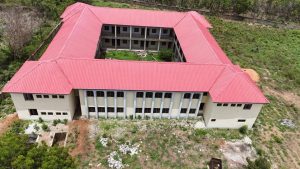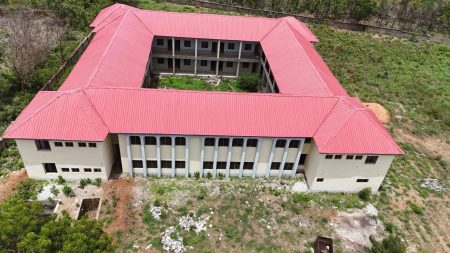The Federal Government has ramped up negotiations with the Japan International Cooperation Agency (JICA) to expedite the rollout of a ¥15 billion (approximately $110 million) emergency loan aimed at enhancing food security nationwide.
This development was confirmed in a statement issued Wednesday by the Federal Ministry of Finance and the Coordinating Ministry of the Economy following a high-level meeting involving Finance Minister Wale Edun, Agriculture and Food Security Minister Senator Abubakar Kyari, and senior JICA officials.
“The Minister of Finance and Coordinating Minister of the Economy, Mr. Wale Edun, and the Minister of Agriculture and Food Security, Senator Abubakar Kyari, today met with senior representatives of the Japan International Cooperation Agency to advance the implementation of the Food Security Emergency Loan Support Programme,” the ministry said.
According to the statement, the facility is designed to bolster Nigeria’s food production systems and improve resilience amid global supply disruptions and rising inflation.
With the rainy season underway, both ministers underscored the urgency of implementing key aspects of the programme to ensure timely support for farmers and rural communities.
JICA reaffirmed its commitment to the initiative but sought formal clarification on proposed implementation changes. It was mutually agreed that core production activities would commence immediately under the current framework, while other components—such as aggregation and financing—would be reassessed in line with the original loan terms.
This development comes shortly after President Bola Tinubu submitted a fresh external borrowing request of $21.5 billion to the National Assembly as part of the 2025–2026 borrowing plan. Included in the request are the ¥15 billion loan from Japan and a €51 million grant to support critical development programmes.
In his letter to lawmakers, Tinubu stated that the loans and grants would be used to generate employment, promote entrepreneurship, and strengthen food security efforts.
According to the Debt Management Office, Nigeria’s outstanding debt to JICA stood at $53.31 million as of December 2024, representing 0.88% of the country’s total bilateral debt and 0.12% of total external debt. If approved, the new loan would push Nigeria’s total debt to JICA to $163.31 million.













